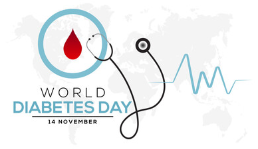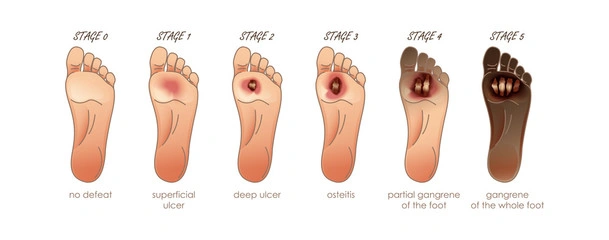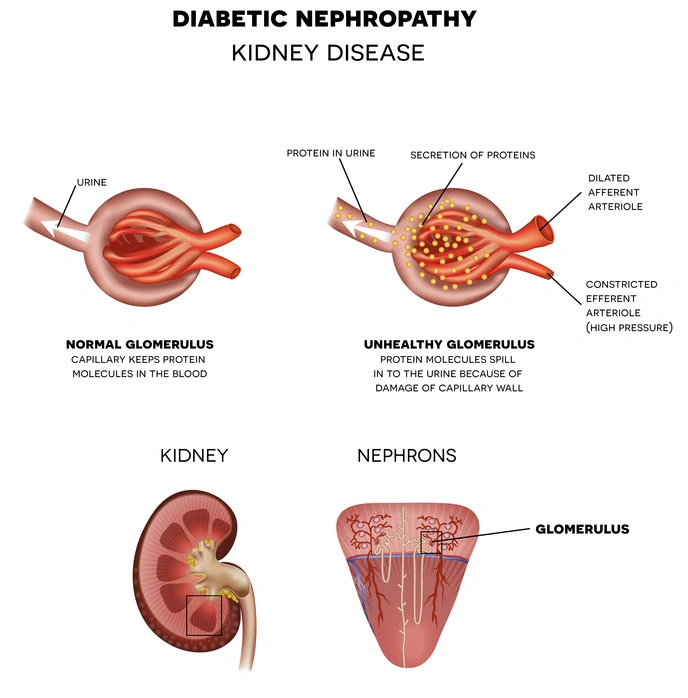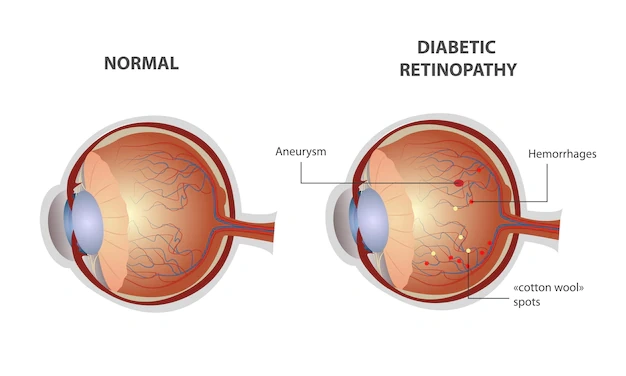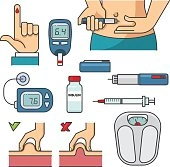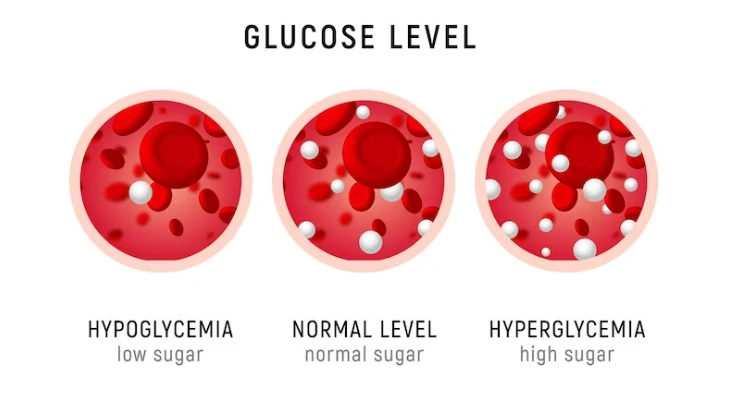Diabetes Management in Seniors: Differences in Treatment and Control
25-06-24
Dr. Haroon Hussain, a renowned diabetologist at Manipal Hospitals, in a conversation with Healthy Wrinkles , explains Diabetes Management in Seniors: Differences in Treatment & Control. Diabetes is a condition that affects millions of people worldwide, and its symptoms often manifest similarly in both young and older adults.
However, managing diabetes in seniors can present a set of unique challenges that require special attention and care. In this article, we will delve into the distinct issues that seniors face when it comes to diabetes management, offering insights into the importance of tailored treatment and care. Watch our YouTube playlist on diabetes(madhumeha) to know more.
Understanding the Physiology
The symptoms of diabetes in seniors may not differ significantly from those experienced by younger individuals. Elevated blood sugar levels, increased thirst, frequent urination, and fatigue are common signs of diabetes that can be seen in both age groups. However, it is crucial to recognize that seniors have their own set of inherent health problems, often referred to as "geriatric giants," which can complicate diabetes management.
Geriatric Giants
Geriatric giants encompass various age-related challenges that older adults face, including issues with mobility, intellectual difficulties, and urinary incontinence. These challenges can significantly impact an older adult's ability to manage their diabetes effectively.
Mobility Issues: Seniors may experience decreased mobility due to age-related factors such as joint problems, muscle weakness, and decreased bone density. Limited mobility can make it challenging for them to engage in physical activities, which are essential for managing diabetes.
Cognitive Impairment: Memory problems, difficulty in recalling things, and cognitive impairment are common in older adults. Managing diabetes often involves adhering to a specific routine, which can be challenging for seniors with cognitive issues.
Urinary Incontinence: Many seniors suffer from urinary incontinence, which can lead to an increased frequency of bathroom trips. This can disrupt their daily routines and affect their ability to monitor and manage their diabetes effectively.
Customized Treatment
Managing diabetes in seniors requires a customized approach that takes into account these age-related challenges. Different healthcare organizations and guidelines recommend individualized treatment for elderly diabetics.
Typically, in younger adults, the target for glycemic control is often set at an A1C level of 6.5 or lower. However, for elderly diabetics, the assessment and targets need to be more flexible. Life expectancy and functional capabilities play a crucial role in determining the appropriate glycemic targets. Read more about the role of geriatricians in managing chronic health conditions.
Life Expectancy: For seniors with a life expectancy of more than ten years and minimal disabilities, the A1C target is around 7.5. This target considers that they can manage their diabetes more effectively and maintain a slightly lower A1C level.
Moderate Disabilities: Seniors with a life expectancy of five to ten years and minimal disabilities may have an A1C target of 8 to 8.5. This target allows for slightly higher blood sugar levels, considering their longer life expectancy.
Severe Disabilities: Seniors with a life expectancy of less than five years and significant physical disabilities may have even more relaxed A1C targets, often above 8.5. The primary goal in these cases is to prevent severe hypoglycemia and maintain a balance between health and comfort.
Nutrition Considerations
Nutrition is a vital aspect of diabetes management in seniors. While the basic principles of nutrition remain the same, adjustments must be made to address the unique challenges faced by older adults. Read more about the importance of a balanced diet for aging adults.
Carbohydrate Intake: Like younger diabetics, seniors should aim to maintain their carbohydrate intake at 50-60% of their daily calorie intake. However, the emphasis should be on complex carbohydrates and dietary fiber, as they are easier on the digestive system and help manage blood sugar levels more effectively.
Protein and Fats: Seniors should aim for 15-20% of their daily calories from protein and 25-30% from fats. It's important to focus on fats that are low in trans fats and saturated fats to promote heart health.
Food Choices: Seniors often face challenges related to chewing difficulties, taste appreciation, and digestive issues. As a result, their diets should be tailored to accommodate these issues. Some may have assistance from family members, while others may need specially prepared meals. These considerations ensure that seniors can maintain a balanced diet despite their unique challenges.
Holistic Approach to Care
It's important to understand that the goals of diabetes treatment in seniors go beyond achieving good blood sugar numbers. The primary objective is to ensure that seniors enjoy a good state of physical, mental, and social well-being.
In addition to individualized medical care, a holistic approach involves considering the patient's quality of life, their ability to engage in daily activities, and the state of their mental and emotional health. Diabetes management for seniors is not just about numbers; it's about fostering a harmonious and fulfilling life.
Conclusion
Managing diabetes in seniors requires a specialized approach that accounts for the unique challenges associated with aging. Understanding the physiological changes, addressing geriatric giants, customizing treatment, and adapting nutrition guidelines are all essential components of successful diabetes management for older adults. By embracing a holistic approach that considers overall well-being, healthcare providers and caregivers can help seniors lead fulfilling lives despite their diabetes diagnosis.
Whether you are searching for informative articles, or looking for healthcare providers, Healthy Wrinkles is an excellent resource for all your senior care needs. We also have a great compilation of all the medical expert talks for healthy aging on Healthy Wrinkle YouTube channel.
"Join the cause and make a difference in a senior's life - share your knowledge about local senior care resources today!"
Disclaimer: Healthy Wrinkles does not recommend or offer any medical diagnosis, treatment, or advice. The information provided here is only for the awareness of disease or ailment among individuals, caregivers, and the public. The advice of doctors, licensed professionals, or therapists who are knowledgeable about your particular situation should always be sought before using the information provided here. It should also not be used in the event of a medical emergency or for the diagnosis or treatment of any medical condition. If you want urgent assistance, contact a qualified medical professional. Additionally, the information represents the author's views and not those of Healthy Wrinkles.
